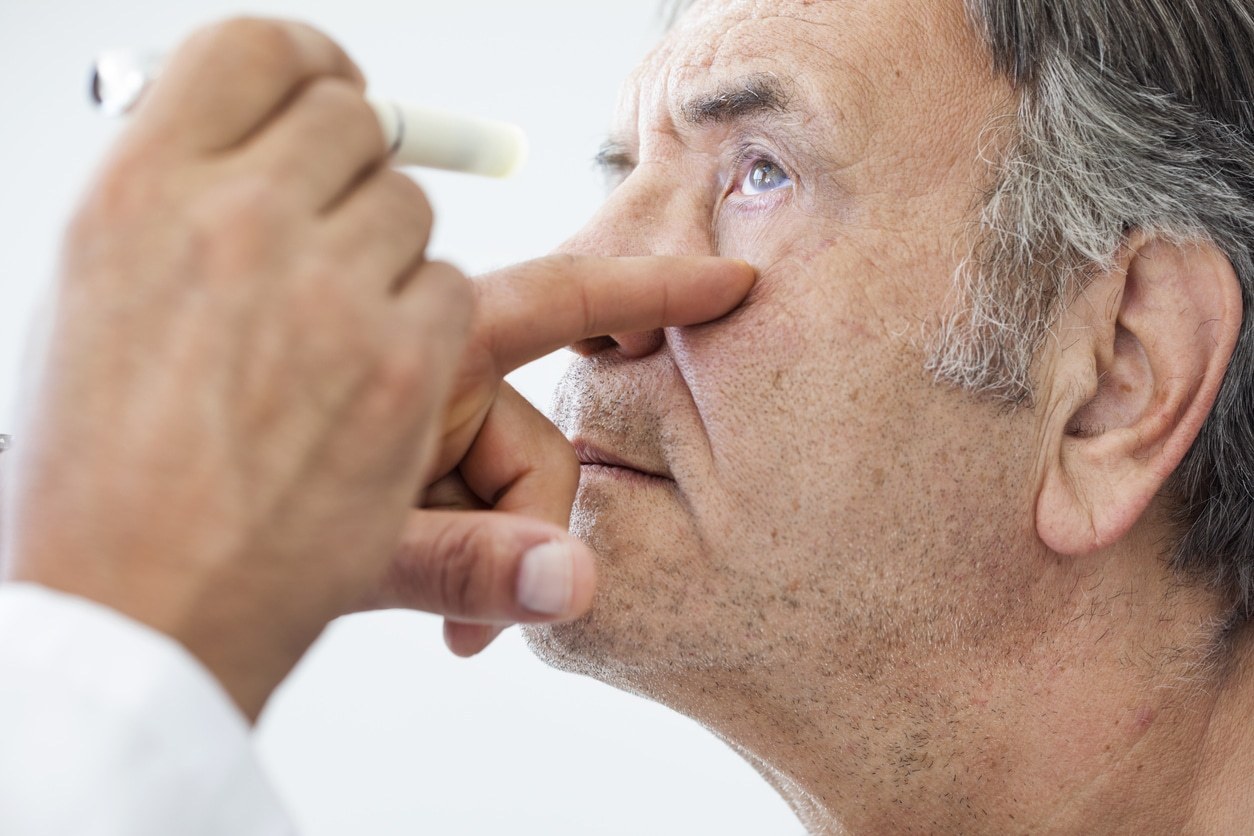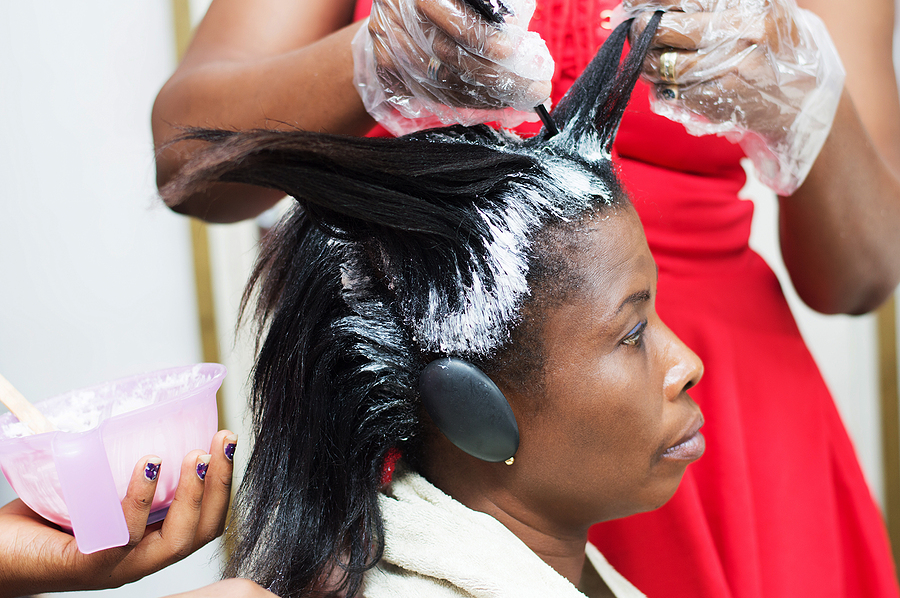Chemical Hair-Straightening Products Linked to Uterine Cancer, Breast Cancer, Endometriosis, Infertility
Women who routinely apply relaxers and chemical straightening products to their hair may seriously reconsider their use in light of alarming new findings about the potential health risks associated with the chemicals in these hair products. In one new study published in October 2022, researchers from the National Institutes of Health (NIH) found that women who reported frequent use of chemical hair straighteners had more than double the risk of developing uterine cancer. And other recent studies have linked these popular hair products to other adverse health outcomes in users, including fibroids and ovarian cancer. If you or someone you love has been diagnosed with cancer, and you believe a chemical hair-straightening product to be the cause, do not hesitate to discuss your legal options with our knowledgeable product liability attorneys. You may be entitled to financial compensation for your injuries, which you can pursue by filing a lawsuit against the product manufacturer.
What are Chemical Hair Straighteners?
Relaxers and chemical hair straightener treatments use a solution of chemicals to break disulphide bonds in hair, thereby altering the hair’s structure.
These products typically come in the form of creams, lotions, gels, or conditioners designed to relax tight, kinky coils or curls and straighten hair. While chemical relaxers are permanent treatments, processed hair typically needs to be retouched every six to eight weeks, to keep it looking smooth and sleek as untreated curls grow in. What many women who get their hair chemically straightened don’t know, is that each treatment and touch up may lead to the absorption of potentially harmful chemicals through the scalp.
POTENTIALLY HARMFUL HAIR STRAIGHTENERS AND RELAXERS
- Ultra Precise
- Dark & Lovely
- Bantu
- Optimum
- Motions
- Just for Me
- ORS Olive Oil
- African Pride
- TCB Naturals
- Luster’s
- Africa’s Best
- Creme of Nature
- TCB
- Mizani Rhelaxer
- Soft & Beautiful
- Ultra Sheen Supreme

Possible Side Effects of Chemical Hair-Straightening Products
"The risk of being diagnosed with Uterine Cancer is nearly three times higher for women who regularly use chemical hair straightening products and hair relaxers when compared to women who do not use these products."
Possible Side Effects of Chemical Hair-Straightening Products
Despite renewed support for women to flout societal pressures and embrace their natural hair, chemical hair-straightening products have made a comeback recently, especially among Black women, many of whom have endured discrimination at work or at school because of their natural hair. In the NIH study, 60% of the women who reported routinely having their hair chemically processed were Black women. This renewed interest in chemically-straightened hair is concerning, considering new research published over the past couple of years, which has linked the chemicals in relaxers and hair straighteners to a host of serious health problems in women, including the following:
- Uterine cancer
- Breast cancer
- Ovarian cancer
Research Linking Chemical Hair Straighteners to Cancer
Women across the United States routinely use relaxers and chemical hair straighteners to tame their curly, frizzy, or textured hair, completely unaware that these products could be putting them at risk for cancer. In the October 2022 study funded by NIH, the researchers noted that “Hair products may contain hazardous chemicals with endocrine-disrupting and carcinogenic properties,” a claim backed by sound scientific research. In a previous NIH study published in December 2019, researchers found that women who regularly use chemical hair straighteners and permanent hair dyes are more likely to develop breast cancer than women who don’t use these products. The researchers in this latest study documented hair product use and uterine cancer diagnoses among nearly 34,000 women aged 35 to 74 years, in order to examine the relationship between exposure to chemicals like formaldehyde, bisphenol A, and parabens, and the development of uterine cancer.
Uterine cancer is a fairly rare type of cancer (accounting for about 3% of all new cancer cases, NIH reports) but it is the most common cancer affecting the female reproductive system, with nearly 66,000 new cases and more than 12, 000 deaths estimated in 2022. According to the study, women who used chemical hair straighteners “frequently” (more than four times in the previous 12 months) were more than twice as likely to develop uterine cancer by the age of 70. The researchers additionally warned that the risk of adverse effects may be greater for Black women, since they tend to use these potentially harmful hair products more frequently and initiate use at a younger age. The researchers also noted that, “Chemical exposure from hair product use, especially straighteners, could be more concerning than other personal care products due to increased absorption through the scalp which may be exacerbated by burns and lesions caused by straighteners.”
Contact Us to Discuss Your Legal Rights
Additional research is needed to fully understand the link between chemical hair straighteners and uterine cancer and to identify specific chemicals in these hair products that may be contributing to an increased cancer risk among women. If you frequently use chemical hair-straightening products or relaxers to permanently straighten your hair, and you have been diagnosed with uterine cancer, breast cancer, or any other type of cancer, contact us today to discuss your legal rights. You may have grounds to file a product liability lawsuit against the manufacturers of these potentially dangerous hair products, in order to pursue damages for medical bills, lost wages, missed time at work, pain and suffering, and other losses. The earlier you speak to an attorney, the more likely you are to recover the compensation you deserve, so don’t wait to call.
Did you or a loved one suffer Uterine Cancer, Breast Cancer, Endometriosis or Infertility after regular use of chemical hair straightening products or hair relaxers?
You may qualify for significant compensation.
Find Out MoreConsumer Safety Watch offers safety advocate services and attorney referral services for patients throughout the United States including the states of Alabama, Alaska, Arizona, Arkansas, California, Colorado, Connecticut, Delaware, Florida, Georgia, Hawaii, Idaho, Illinois, Indiana, Iowa, Kansas, Kentucky, Louisiana, Maine, Maryland, Massachusetts, Michigan, Minnesota, Mississippi, Missouri, Montana, Nebraska, Nevada, New Hampshire, New Jersey, New Mexico, New York, North Carolina, North Dakota, Ohio, Oklahoma, Oregon, Pennsylvania, Rhode Island, South Carolina, South Dakota, Tennessee, Texas, Utah, Vermont, Virginia, Washington, West Virginia, Wisconsin and Wyoming.
Consumer Safety Watch offers consumer safety advocate services or can help you find an attorney throughout the United States including the following cities: Albuquerque, NM; Arlington, TX; Atlanta, GA; Austin, TX; Baltimore, MD; Boston, MA; Charlotte, NC; Chicago, IL; Cleveland, OH; Colorado Springs, CO; Columbus, OH; Dallas, TX; Denver, CO; Detroit, MI; Fresno, CA; Fort Worth, TX; Indianapolis, IN; Honolulu, HI; Houston, TX; Jacksonville, FL; Kansas City, KS; Kansas City, MO; Las Vegas, NV; Long Beach, CA; Los Angeles, CA; Louisville, KY; Memphis, TN; Mesa, AZ; Miami, FL; Miami, OH; Milwaukee, WI; Minneapolis, MN; Nashville, TN; New York City, NY; Oakland, CA; Oklahoma City, OK; Omaha, NE; Philadelphia, PA; Phoenix, AZ; Pittsburgh, PA; Portland, OR; Sacramento, CA; San Antonio, Tx; San Diego, CA; San Francisco, CA; San Jose, CA; Seattle, WA; St. Louis, MO; Tampa, FL; Tucson, AZ; Tulsa, Virginia Beach, VA; Washington, DC; Wichita, KS.
This website is not affiliated with any pharmaceutical or medical device company or any trademarked product. Results are not guaranteed. This website provides a free matching service and is not responsible for information or services from third party providers. Consumer Safety Watch is not a law firm. Every case is different and services available can vary.


